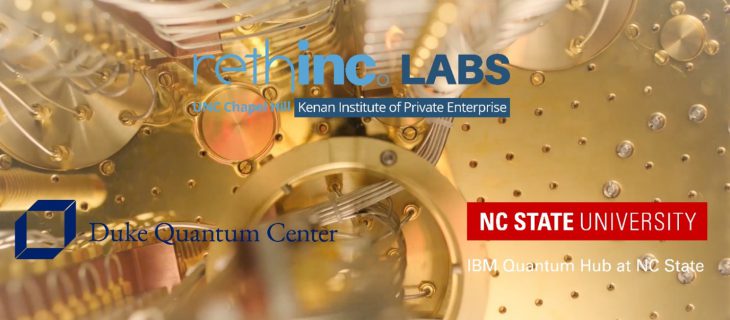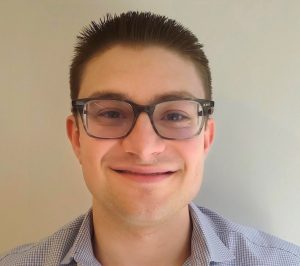NISQ-HHL: Portfolio Optimization for Near-Term Quantum Hardware
Friday April 15, 2022 • 2:00 PM
For this discussion we welcomed Dylan Herman from the JPMorgan Chase Future Lab for Applied Research and Engineering (FLARE). The focus of the FLARE quantum program is to develop quantum algorithms for financial applications and quantum-resistant cryptographic solutions.
Portfolio optimization is an essential use case in Finance, but its computational complexity forces financial institutions to resort to approximated solutions, which are time consuming. Using the method of Lagrange multipliers, the mean-variance portfolio optimization problem can be represented by a system of linear equations and potentially benefit from the exponential speedup provided by the HHL quantum algorithm. However, multiple components in HHL are unsuitable for execution on Noisy Intermediate Scale Quantum (NISQ) hardware. Dylan’s paper introduces NISQ-HHL, the first hybrid formulation of HHL suitable for the end-to-end execution of small-scale portfolio-optimization problems on NISQ devices. NISQ-HHL extends the hybrid HHL variant with newly available quantum-hardware features: mid-circuit measurement, qubit reset and reuse, and Quantum Conditional Logic (QCL). To the best of his team’s knowledge, NISQ-HHL is the first algorithm incorporating a QCL-enhanced version of Phase Estimation executed on real hardware, the trapped-ion Quantinuum System Model H1-1. In addition, NISQ-HHL includes a novel method for choosing the optimal evolution time for Hamiltonian simulation. Although this paper focuses on portfolio optimization, the techniques it proposes to make HHL more scalable are generally applicable to any problem that can be solved via HHL in the NISQ era.
For more information, contact:
Chelsea Donahue, Rethinc. Labs Assistant Director
Chelsea_Donahue@kenan-flagler.unc.edu


Dylan Herman
Future Lab for Applied Research and Engineering (FLARE)
JPMorgan Chase
Dylan is a Quantum Computing researcher at the JPMorgan Chase Future Lab for Applied Research and Engineering (FLARE). The focus of the FLARE quantum program is to develop quantum algorithms for financial applications and quantum-resistant cryptographic solutions. Dylan received his Bachelor’s Degree in Electrical and Computer Engineering and Computer Science from Rutgers University in New Brunswick, NJ. While pursuing his degree, his main focuses were in the areas of autonomous aerial-robotics and computer vision. He joined JPMorgan Chase in 2018. His current focus is on quantum algorithms research applied to machine learning and optimization.